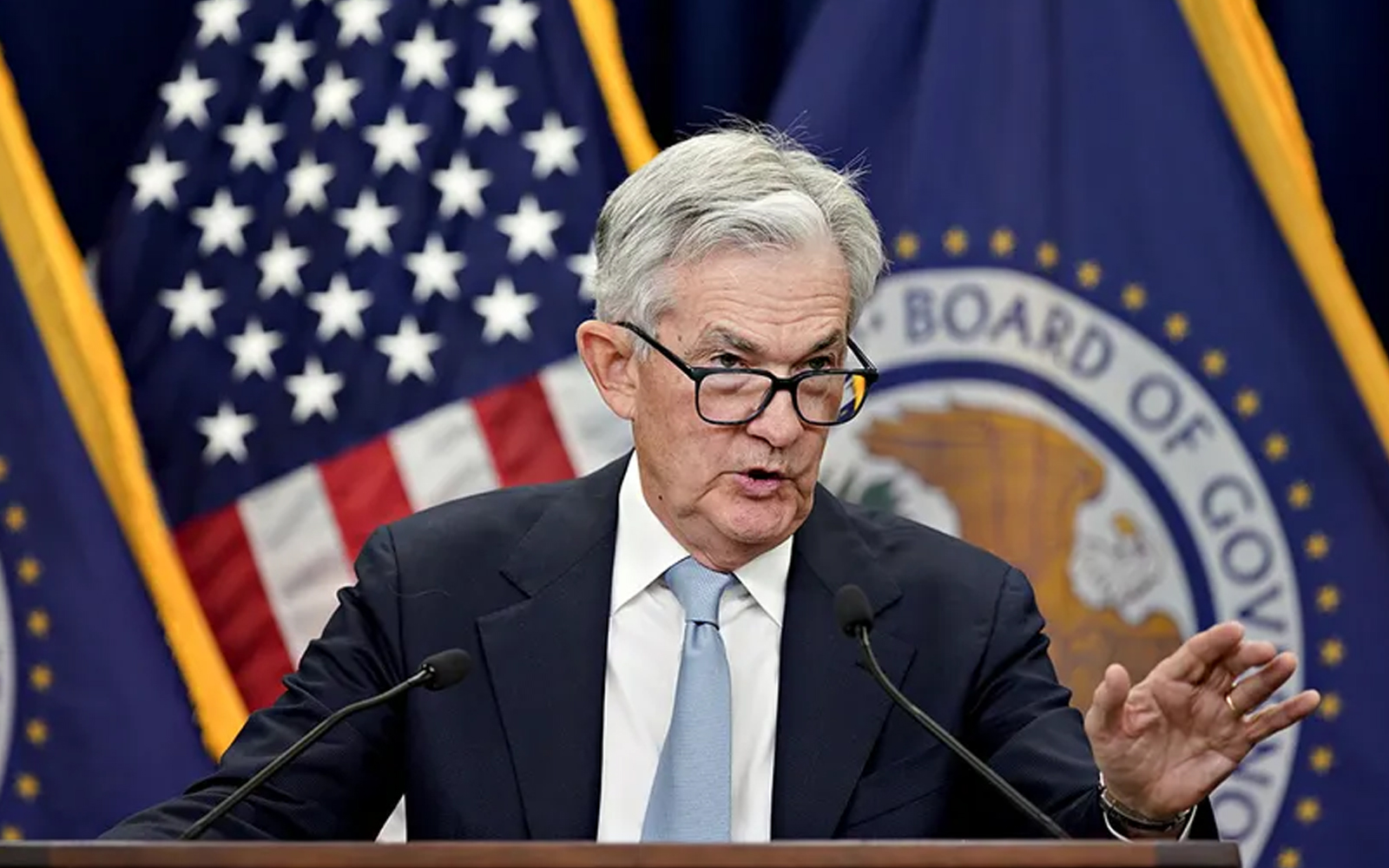
U.S. inflation fell to 3.3% in May, boosting expectations for early interest rate cuts and supporting the stock market and President Joe Biden.
Data released on Wednesday, June 12, 2024, a few hours before Federal Reserve (Fed) officials unveiled their plans for rate cuts this year, slightly missed economists’ expectations.
The S&P 500 gained 0.9%, closing at a record high. Following the Fed’s decision, futures market traders raised the likelihood of a rate cut in September to 64%, up from over 80% shortly after the inflation data release.
Biden hailed Wednesday’s data as “welcome progress in reducing inflation,” noting that it is now “nearly two-thirds off its peak,” with core inflation at its lowest since April 2021.
The consumer price index (CPI) increase of 3.3% was slightly below the Reuters poll forecast of 3.4%. Core inflation, excluding food and energy price changes, reached 3.4%, under the expected 3.5%.

Though the Fed’s preferred inflation measure is the personal consumption expenditures (PCE) index, CPI data still influences the central bank’s approach to rate cuts.
U.S. Federal Reserve officials signaled they expect only one rate cut this year, maintaining a “hawkish” stance on inflation and keeping borrowing costs at a 23-year high.
Updated forecasts on Wednesday showed the Fed’s median projection anticipated a single quarter-point rate cut this year, surprising traders who had expected two cuts before the report. The central bank kept rates at 5.25% to 5.5%.
The new forecasts represent a significant shift from the March Federal Open Market Committee (FOMC) “dot plot,” which had indicated three cuts this year, highlighting ongoing concerns that inflation remains above the Fed’s 2% target.
The prospect of only one cut before the year’s end is a blow to President Joe Biden, who has focused his campaign on the economy and battling inflation.
The Fed’s hawkish signal came despite the cooler-than-expected May CPI data, which sparked a “sharp rally” in the stock market and a drop in Treasury yields.
FOMC members on Wednesday acknowledged “some further progress” toward their 2% inflation goal. However, four committee members indicated no rate cuts are expected, while seven forecast just one quarter-point cut. Eight of the 19 members supported two cuts.
The Fed’s latest rate signal came alongside new growth forecasts, showing the U.S. economy is expected to grow by 2.1% in 2024, unchanged from the previous forecast.
The Fed now expects PCE inflation to be 2.6% this year, up from the March estimate of 2.4%. The FOMC predicts unemployment will remain at 4% through the end of the year.
The Fed’s decision to keep rates unchanged was widely anticipated, coming after its counterparts in the Eurozone and Canada recently cut borrowing costs.
Both proponents and skeptics of AI have been seeking a breakthrough moment to validate the technology’s usefulness for businesses or consumers and justify rising AI valuations. While enterprise AI adoption has begun, its impact on profits remains unclear, and consumer applications have been experimental and limited.
For many, the ideal consumer application would be a personal assistant embedded in smartphones. Thus, it was natural for Apple, the maker of the iPhone and its “digital assistant” Siri, to announce its own AI personal assistant this week.
Apple’s late entry into the AI “race” is a long-anticipated turning point. The company’s large smartphone market share, loyal customer base, and strong device integration could position Apple as a market leader.
Apple, however, has long been perceived as lagging in AI. Without a well-defined AI strategy or a publicly available model, the company was initially surpassed in market value by competitors like Microsoft and more recently by chipmaker Nvidia. Many AI enthusiasts dismissed Tim Cook’s modest goals for Apple Intelligence, arguing that competitors Google, Microsoft, OpenAI, and Amazon were better positioned with larger LLM models.
Critics of Apple overlook that since Steve Jobs’ death, the company’s strength has been implementation, not innovation. Apple didn’t invent the tablet or the smartwatch, but its large consumer base and focus on sleek design made them popular. Using a smaller model in Apple Intelligence likely better suits consumer needs. Most users don’t need their AI assistant to write stories like “One Thousand and One Nights”; they just need it to compose emails.
Whether this truly marks a breakthrough moment depends on the launch itself. Unstable launches, like Google’s Bard and more recent Gemini tools, hindered their adoption. Microsoft’s clumsy integration of AI into Bing didn’t boost the unpopular search engine’s popularity. A poor launch of Apple Intelligence could damage Apple’s strong position and potentially stall industry development.
Privacy may also be a hurdle. Consumers are accustomed to sacrificing privacy for functionality. Apple indicated that all user data would be segregated.
Regardless of whether Apple’s assistant dominates the market, the announcement of its AI strategy temporarily made the company the most valuable in the world again. Perhaps this time, the value attributed to AI will meet expectations.


